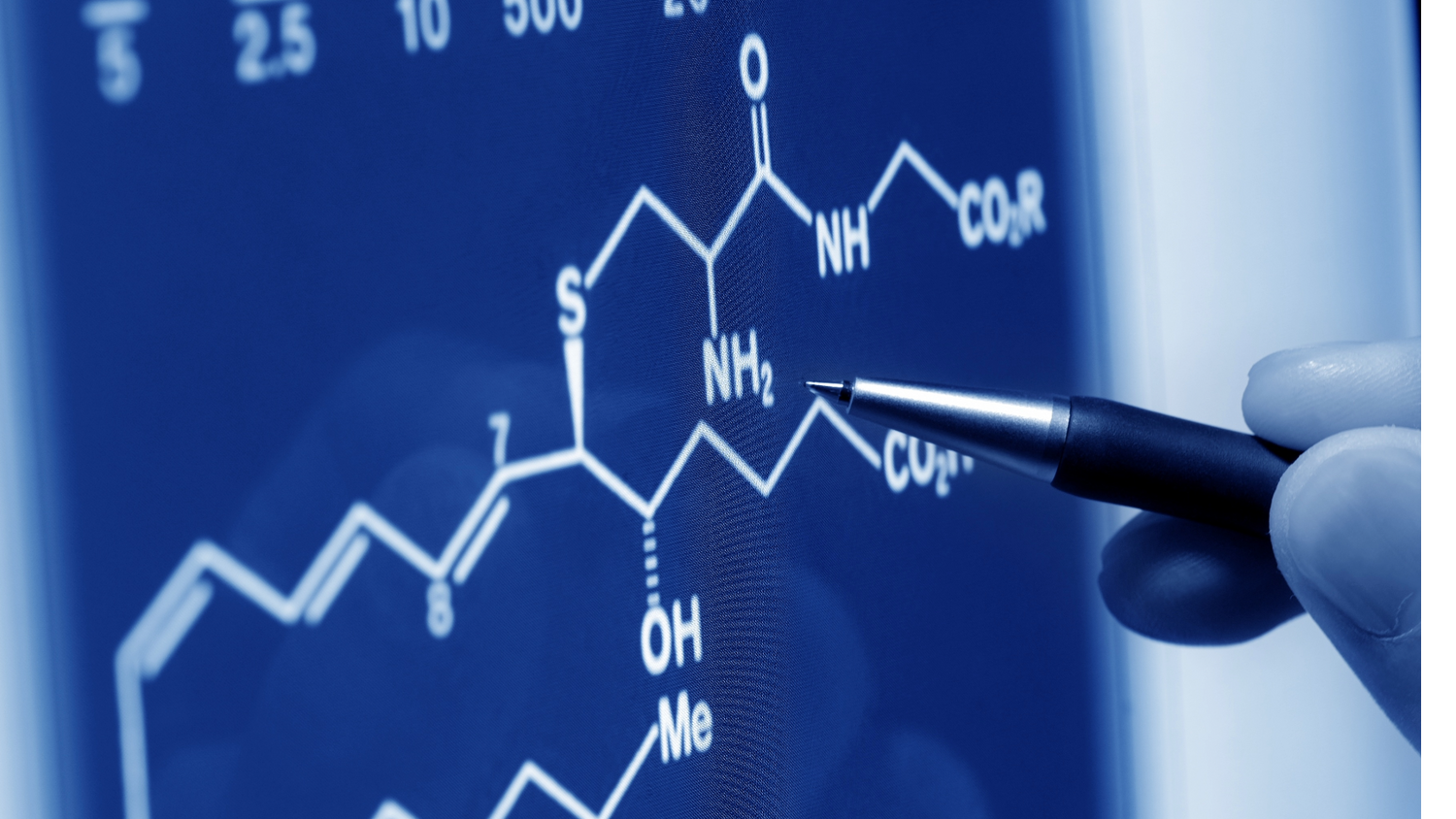Amino acids, often heralded as the building blocks of proteins, play a pivotal role in almost every biological process in our body. From muscle repair to neurotransmitter function, their importance is undeniable. But in the realm of fitness and nutrition, a burning question emerges: does the source of these amino acids—plant or animal—really matter? Let’s dive in.
What Are Amino Acids?
Amino acids are organic compounds composed of nitrogen, carbon, hydrogen, and oxygen, along with a side chain specific to each amino acid. There are 20 standard amino acids, out of which nine are considered "essential." This means our body can't produce them, and they must come from our diet1.
Animal vs. Plant-Based Sources
Traditionally, animal-based foods are considered "complete" proteins because they contain all nine essential amino acids in sufficient quantities. Examples include meat, poultry, fish, and dairy. On the other hand, many plant-based sources are termed "incomplete" proteins because they might lack one or more essential amino acid. But here's the catch: by consuming a variety of plant-based foods, one can easily get all essential amino acids2.
Take, for instance, the combination of rice and beans. Individually, they might lack certain amino acids, but when combined, they offer a full profile of essential amino acids3.
Quality and Absorption: Debunking Myths
A widely held belief is that amino acids from animal sources are of higher quality and better absorbed. While it's true that some animal proteins have higher digestibility, many plant-based proteins, like soy and quinoa, are also highly digestible4.
Furthermore, a study published in the American Journal of Clinical Nutrition found that when protein intake is sufficient, plant-based diets can provide amino acid intakes in line with the current recommendations, regardless of dietary variety5.
Does the Source Matter Then?
From a purely amino acid standpoint, the source isn't as critical as once believed. As long as a person's diet contains a variety of proteins over the course of a day, the body will pool and utilize amino acids as needed6. This pooling mechanism means that even if one meal is low in a specific amino acid, the body can compensate at a subsequent meal.
However, it's worth noting that foods are complex matrices. They bring along other nutrients, both beneficial (like fiber and phytonutrients in plants) and less desirable (like saturated fats in certain meats). Thus, while amino acid source might not be crucial, the overall nutrient profile of the food source certainly plays a role in health.
Conclusion
In the vast orchestra of nutrition, amino acids play a lead role. And while the debate over their sources can be polarizing, science shows us that both plant and animal sources can adequately provide these essential building blocks. The key lies in dietary diversity, ensuring a well-rounded intake of all amino acids, and focusing on the broader nutrient qualities of our food choices.
Sources:
- National Center for Biotechnology Information. "Amino Acids."
- Young, V. R., & Pellett, P. L. (1994). Plant proteins in relation to human protein and amino acid nutrition. The American journal of clinical nutrition, 59(5), 1203S-1212S.
- Messina, M. (2014). Soy foods, isoflavones, and the health of postmenopausal women. The American journal of clinical nutrition, 100(suppl_1), 423S-430S.
- Hoffman, J. R., & Falvo, M. J. (2004). Protein – Which is Best?. Journal of Sports Science & Medicine, 3(3), 118–130.
- van Vliet, S., Burd, N. A., & van Loon, L. J. (2015). The Skeletal Muscle Anabolic Response to Plant- versus Animal-Based Protein Consumption. The Journal of Nutrition, 145(9), 1981–1991.
- Phillips, S. M. (2015). Current Concepts and Unresolved Questions in Dietary Protein Requirements and Supplements in Adults. Frontiers in Nutrition, 4, 13.







Leave a comment
This site is protected by hCaptcha and the hCaptcha Privacy Policy and Terms of Service apply.